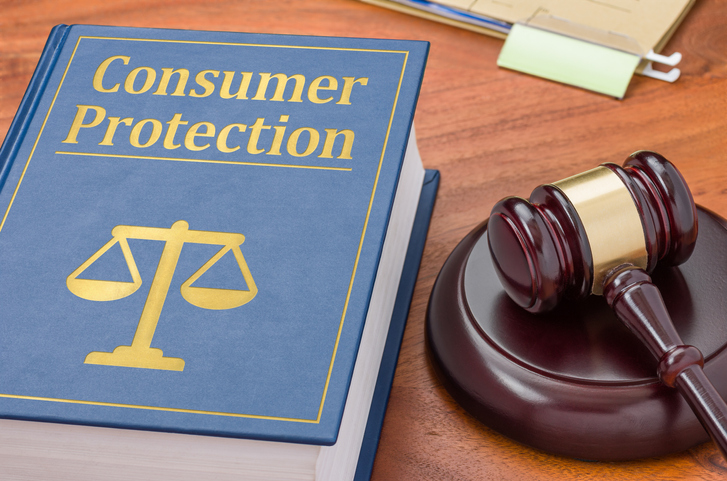Last summer, I wrote about an administrative enforcement action brought by the Consumer Product Safety Commission (CPSC) relating to several hazardous products being sold through Amazon’s Fulfillment by Amazon (FBA) program. As I mentioned then, one of the big issues in that case would be whether Amazon’s operation of the FBA program would qualify Amazon as a product “distributor” under the Consumer Product Safety Act.
Recently, Administrative Law Judge James E. Grimes ruled it does – CPSC-Order-on-Motion-to-Dismiss-and-Motion-for-Summary-Judgement. Not only did Judge Grimes deny Amazon’s motion to dismiss on that issue, he also granted the CPSC’s partial motion for summary decision on that same point. He stated: “Undisputed facts show that Amazon meets the statutory definition of the term distributor and does not fall within the terms of the safe harbor for third-party logistics providers. Complaint Counsel’s partial motion for summary decision is granted.” (italics in original). Order at p. 27.
CPSC had argued Amazon was a “distributor” because under the FBA program, it was “person to whom a consumer product is delivered or sold for purposes of distribution in commerce.” See 15 U.S.C. § 2052(a)(8). Amazon countered that it was entitled to safe harbor protection as a logistics provider because it “solely receives, holds, or otherwise transports a consumer product in the ordinary course of business but who does not take title to the product[,]” 15 U.S.C. § 2052(a)(16), but Judge Grimes disagreed. He concluded that while Amazon does provide logistics services, it also does many other things, e.g., operating a product sales website, providing “round-the-clock” customer service, processing refunds and returns, and setting a cap on product pricing. Order at p. 26.
Grimes also rejected Amazon’s efforts to liken itself to a shopping mall, noting that “[w]hile both a mall and Amazon.com provide a venue that brings customers and merchants together, that’s where the comparison ends.” Order at p. 27. Judge Grimes commented that “[m]all operators do not generally provide customer service as to products bought from stores in the mall. They also don’t process returns or decide whether a customer will receive a refund, adjustment, or replacement. And because mall operators do not process returns, they cannot mandate reimbursements from stores.” Id.
This should be a big win for consumers. Amazon has long fought being characterized as anything other than a “logistics provider,” and as noted in some of my other blog posts, has often been successful in that argument. This decision, while not binding on other courts, nonetheless provides additional ammunition to refute Amazon’s inaccurate self-characterization.

Comments (0)
No Comments yet